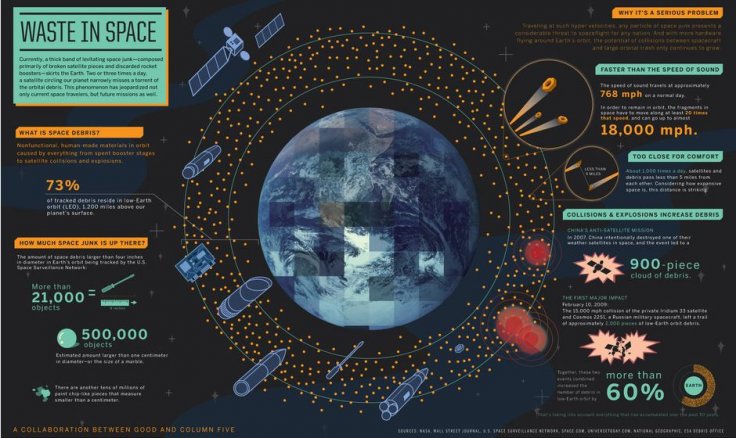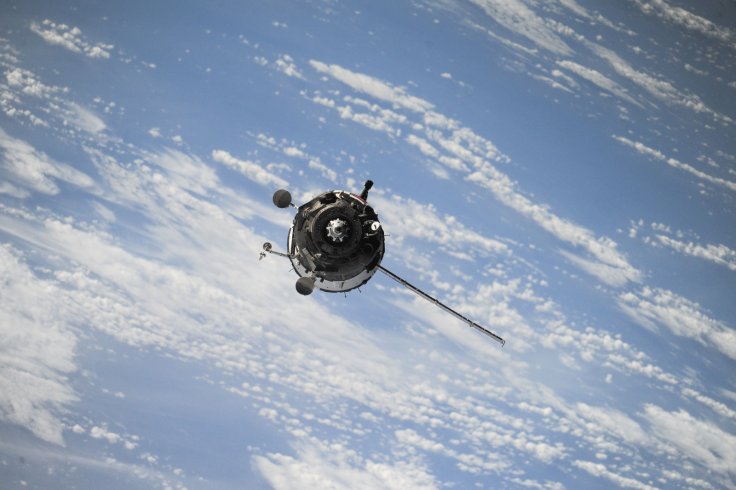A group of researchers came up with a new way that could potentially solve Earth's problem regardng the growing number of space debris in its orbit. According to the researchers, their proposal would be more effective than simply removing the space junk orbiting Earth.
The proposal to solve the space debris problem was made by researchers from the University of Colorado at Boulder. Their findings were presented in a study published in the journal Proceedings of the National Academy of Sciences of the United States of America.

Earth's Growing Space Junk Problem
Currently, Earth's orbit is inhabited by about 20,000 pieces of debris. Many of these are dead satellites and parts of discarded spacecraft. The space junk problem in low-Earth orbit has already reached a point where satellite operators and agencies have to make course adjustments in order to avoid collisions.
As a possible solution to this growing issue, a group of researchers carried out an economics analysis on satellite operation. In a new study, they stated that imposing an annual orbit congestion charge or fee amounting to $235,000 per satellite could tackle Earth's space junk problem.
Charging Satellite Operators
According to the researchers, the congestion charge would allow operators to secure rights on the orbital paths that their satellites would use. The researchers noted that the monetary aspect would make operators think twice before launching a new satellite into space.
"Space is a common resource, but companies aren't accounting for the cost their satellites impose on other operators when they decide whether or not to launch," the study's co-author Matthew Burgess said in a statement. "We need a policy that lets satellite operators directly factor in the costs their launches impose on other operators.

More Effective Than Current Solutions
The researchers also noted that since operators would be charged an annual fee for rights to the orbital path, they would be compelled to come up with de-orbiting solutions once their satellite is no longer operational. According to Burgess, imposing a yearly charge would be more effective than current solutions since it would be geared towards limiting the number of satellites in space.
"From an incentive standpoint, if we start sucking the debris out, then people are just going to launch more and more satellites until there's enough debris that it's not worth it for them to launch anymore," he stated.









